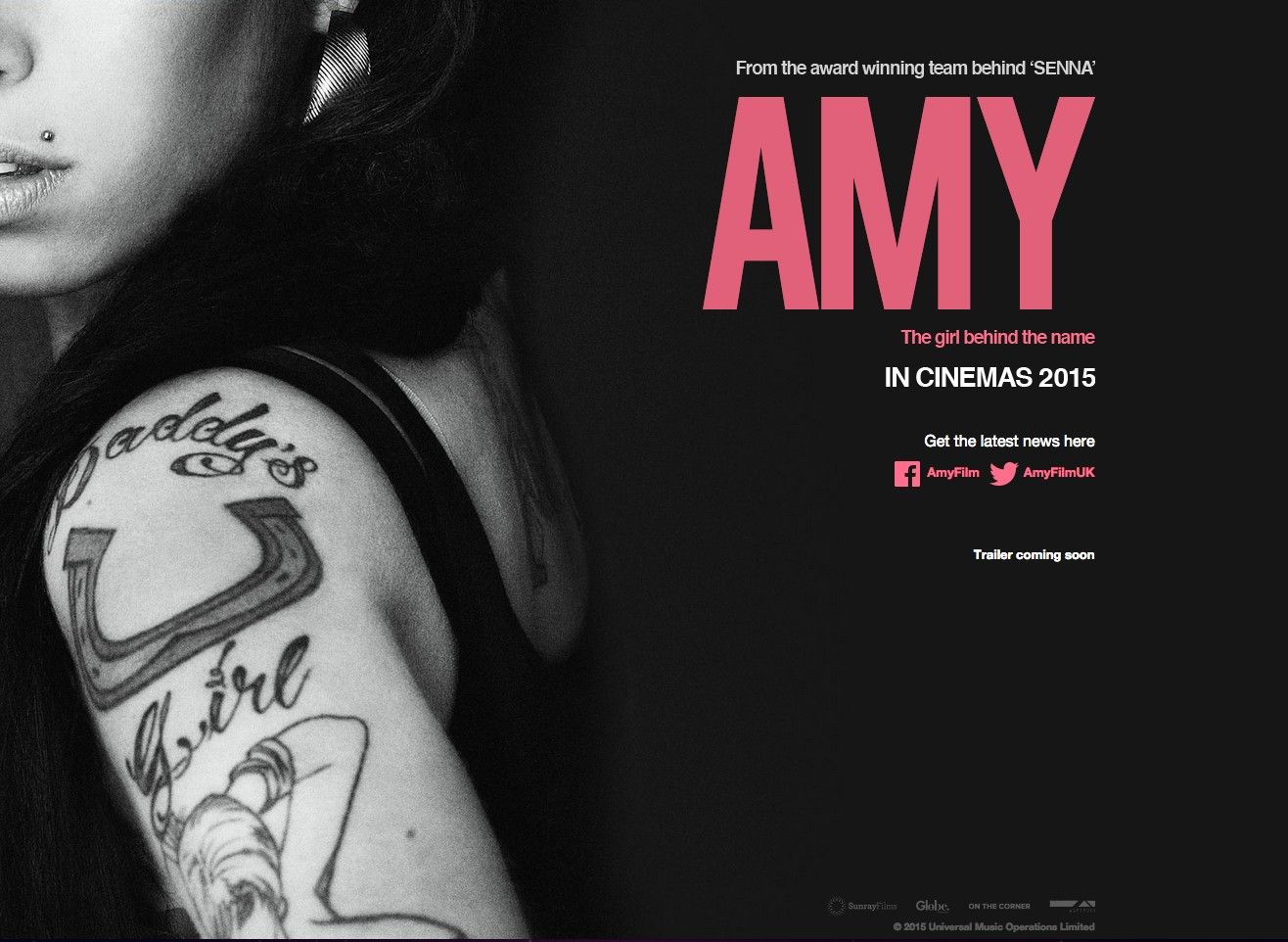by Alicia Barker | @AliciaLBarker
A rare talent in pop music, a troubled soul struggling with addiction, the favourite target of the British paparazzi; Amy Winehouse was mourned by thousands of fans following her death by alcohol poisoning in 2011. The latest documentary from Senna director Asif Kapadia turns its focus on the famed pop singer as it attempts to truthfully show her rapid rise to stardom and the consequences that led to her demise.
Amy features interviews from close friends and family members, as well as fellow musicians, managers and producers. Perhaps most notable are the interviews given by Winehouse’s friend and former manager, Nick Shymansky. Winehouse’s affection for “Nicky” is clear in the home video footage taken by Shymansky, and his insights into her mind seemed more honest than those of Winehouse’s father or ex-husband.
When Shymansky speaks about Winehouse’s foray into song writing, footage of handwritten lyrics adorned with juvenile love hearts flash across the screen, giving the audience a glimpse into the young singer’s romanticism.
“She said she’s not sure about writing songs but she’s written a lot of poems. She knew full well she’d been writing songs but they were very personal songs.”
Kapadia uses home videos taken by the Winehouse family and Shymansky, as well as interviews and footage of live performances to tell Amy’s story.
Chronicling Winehouse’s drug and alcohol use, which was seemingly spurred on by ex-husband Blake Fielder-Civil, the film leaves us questioning why no-one really stepped in to help the singer deal with her addictions. Friends, family and even doctors allowed Winehouse to continue performing despite warning signs that her addictions were getting the better of her.
The passivity of everyone in Winehouse’s life is frustrating to watch as we know how her story ends. The film ends fairly unceremoniously; a funeral, a few shots of crying relatives and some unmemorable ending lines and that’s it. While potentially a stylistic choice to show ‘Amy, the person’ rather than ‘Amy, the enigma’, the abrupt ending to the film glosses over the public outpouring of grief over the death of the singer at the time.
The films best moments are when we see Winehouse expressing herself; through music and through words. The home footage of a fourteen-year-old Amy singing ‘Happy Birthday’ to a friend remind us of the raw talent that she possessed; the voice, the confidence and the cheeky sense of humour. We’re with Amy when she records with her idol, Tony Bennett, as she struggles to hit the right notes, constantly critiquing herself. “I don’t want to waste your time,” she tells Bennett.
These are the moments that make the Amy unique, that show a vulnerability to Winehouse beyond her drug and alcohol abuse; they show a woman brimming with talent, constantly trying to find the right words, the right way to tell her own story.
Amy is in selected cinemas now.


